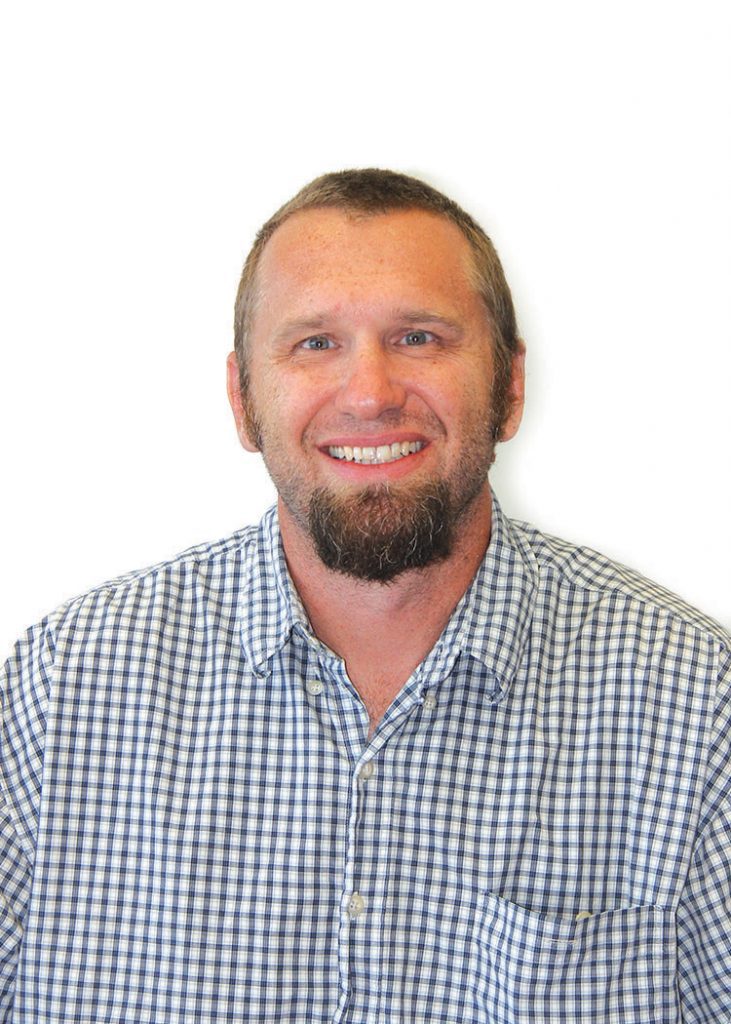Chris Kelble has moved to National Marine Fisheries and no longer works with The Atlantic Oceanographic & Meteorological Laboratory

Research Highlights
Research Interests
Understanding how humans alter coastal marine ecosystems and in turn how these coastal ecosystems help to support coastal communities.
Investigating climate change with coupled climate, physics, and ecosystem models.
Researching the effects of red tide on the Southwest Florida ecosystem.
Chris Kelble, Ph.D.
Former Acting Deputy Director, NOAA’s Atlantic Oceanographic and Meteorological Laboratory
305.361.4330
Chris_Kelble
4301 Rickenbacker Causeway
Miami, Florida 33149
“Ecosystem‐based management is an integrated management approach that recognizes the full array of interactions within an ecosystem, including humans, rather than considering single issues, species or ecosystem services in isolation.”
Dr Kelble joined the National Marine Fisheries’ Office of Science and Technology as their Marine Ecosystems Division Director in June of 2024
Prior to assuming the role of Acting Deputy Director of NOAA’s Atlantic Oceanographic and Meteorological Laboratory (AOML), Dr. Chris Kelble served as the Director of the Ocean Chemistry and Ecosystems Division of AOML. He was also the principal investigator for the Ecosystem Assessment and Modeling Laboratory within the Ocean Chemistry and Ecosystems Division at AOML. Dr. Kelble’s primary research interest is to holistically understand how humans alter coastal marine ecosystems and in turn how these coastal ecosystems help to support coastal communities. His research has a heavy emphasis on research to applications by working closely with the resource managers most likely to use these research results. Dr. Kelble’s research has ranged from understanding how altered watersheds affect salinity variability and thus habitat suitability to understanding how natural and anthropogenic drivers of change affect the Gulf of America ecosystem. He currently serves on leadership committees for NOAA’s Integrated Ecosystem Assessment Program, NOAA’s Ecosystem Indicators Working Group, NOAA’s Biscayne Bay Habitat Blueprint Focus Area, NOAA’s Gulf of America Regional Collaboration Team, the US Interagency Blue Carbon Working Group, and the Science Coordination Group of the South Florida Ecosystem Restoration Task Force.
Current Work
Former Acting Deputy Director, NOAA’s Atlantic Oceanographic and Meteorological Laboratory
1998, B.S. Marine Science Biology, University of Miami, Coral Gables, FL
2003, M.S. Marine Biology & Fisheries, RSMAS, U. Miami, Virginia Key, FL
2010, Ph.D. Marine Biology & Fisheries, RSMAS, U. Miami, Virginia Key, FL
- Alarcon, V.J., A.C. Linhoss, C.R. Kelble, P.F. Mickle, A. Fine, and E. Montes. Potential challenges for the restoration of Biscayne Bay (Florida, USA) in the face of climate change effects revealed with predictive models. Oceans & Coastal Management, 247:106929, https://doi.org/10.1016/j.ocecoaman.2023.106929 2024
Ref. 4355 - Julian, P., J.W. Fourqurean, S.E. Davis, D. Surratt, E.E. Gaiser, J.S. Kominoski, T.G. Troxler, J.N. Boyer, S. Thomas, H.O. Briceño, C.J. Madden, E. Montes, and C.R. Kelble. Long-term patterns and trends in water column biogeochemistry in a changing environment. Estuarine, Coastal and Shelf Science, 306:108896, https://doi.org/10.1016/j.ecss.2024.108896 2024
Ref. 4442 - Raju, M., A. Linhoss, J. Linhoss, P.F. Mickle, V.J. Alarcon, A. Fine, and C.R. Kelble. Seasonal salinity trends in central and southern Biscayne Bay, Florida. Journal of Hydrologic Engineering, 29(3), https://doi.org/10.1061/JHYEFF.HEENG-6087 2024
Ref. 4395
Department of Commerce Bronze Medal 2022
For providing ready access to NOAA information and data on the status of ecosystems that support valuable U.S. marine fisheries, species, and services.
National Oceanographic Partnership Program Excellence in Partnering Award 2017
For contributions to the project entitled National Marine Sanctuaries at Sentinel Sites for a Demonstration Marine Biodiversity Observation Network.
Department of Commerce Bronze Medal 2015
For advancing ecosystem-based management via the first comprehensive Gulf of America Ecosystem Status Report that includes more than 140 ecological indicators.
Department of Commerce Silver Medal 2006
For conducting field operations immediately following Hurricane Katrina’s Gulf of America passage that were vital to ensuring seafood was safe for public consumption, saving millions in potential fishery losses.